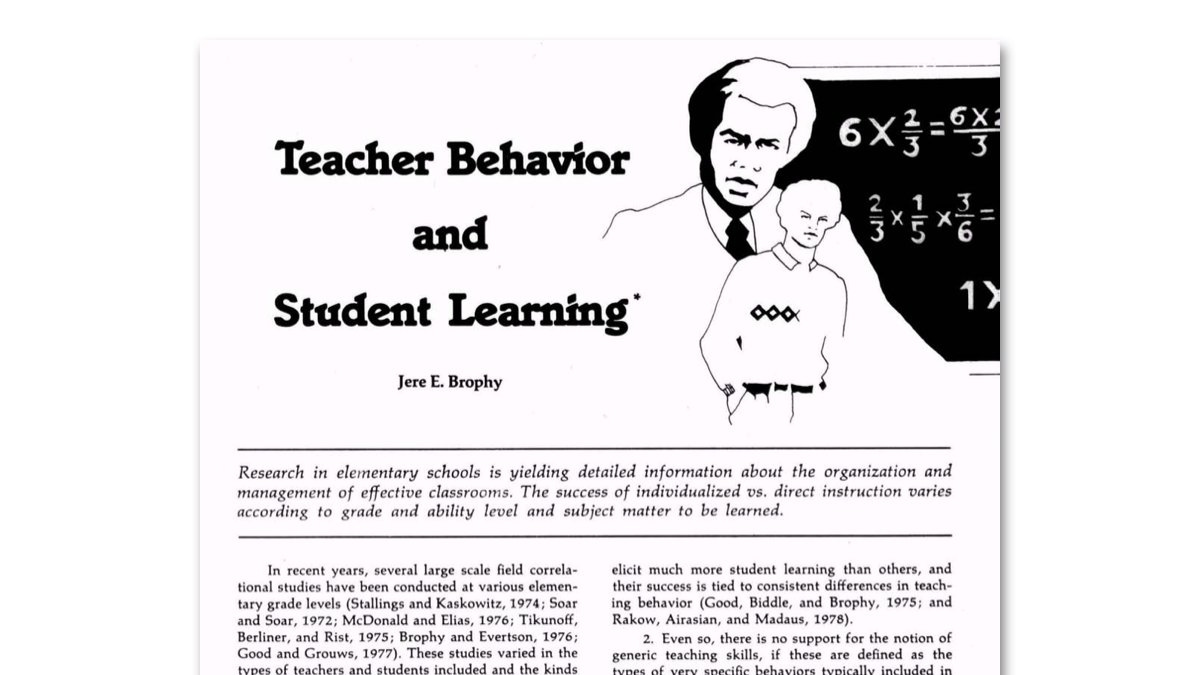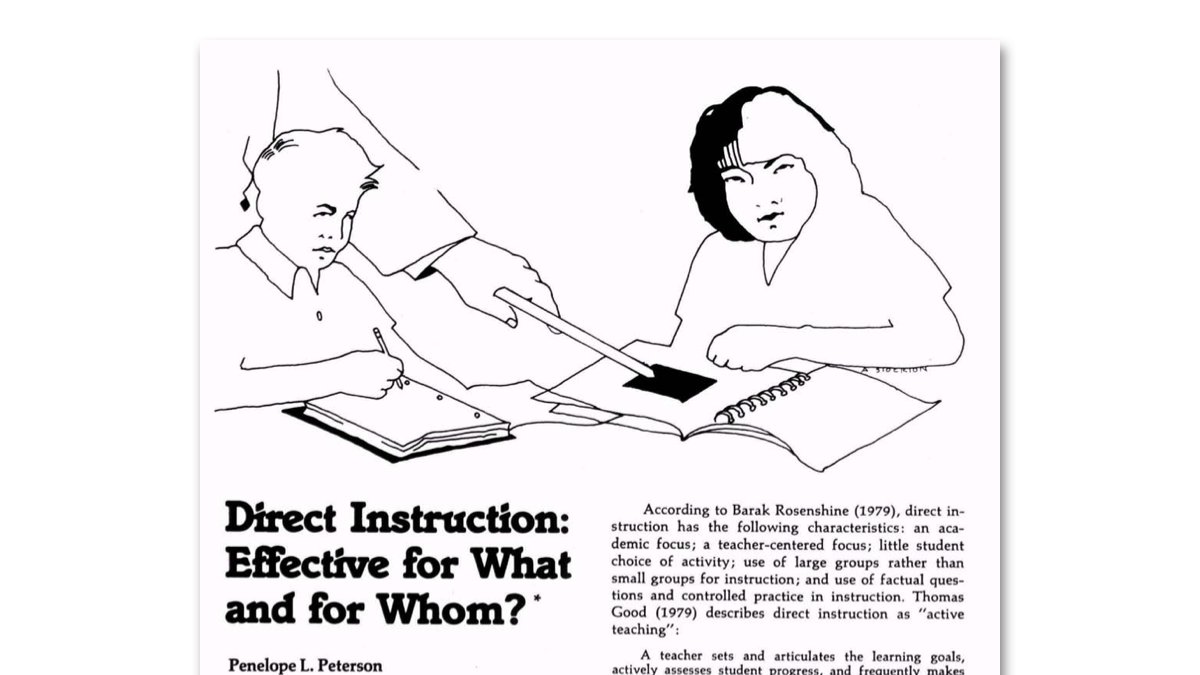
.@Josh_CPD has been doing some incisive thinking around teacher PD / Instructional Coaching recently.
I've pulled together 3 of his best threads:
I've pulled together 3 of his best threads:
1. On CLT & implications for instructional design:
https://twitter.com/Josh_CPD/status/1356294059032276996
2. On optimising (instructional) coach selection:
https://twitter.com/Josh_CPD/status/1353764595475877888
3. On how the structure of the teaching environment influences scope for development:
https://twitter.com/Josh_CPD/status/1354859293481312256
• • •
Missing some Tweet in this thread? You can try to
force a refresh














